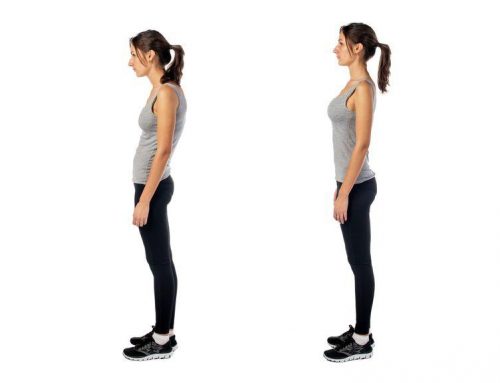Effects of Hippotherapy on Postural Stability, in Persons with Multiple Sclerosis: A Pilot Study.
ArticleJournal of Neurologic Physical Therapy. 31(2):77-84, June 2007. Silkwood-Sherer, Debbie PT, MS; Warmbier, Heather MPT Abstract: Purpose: The purpose of this pilot study was to examine the effectiveness of hippotherapy as an intervention for the treatment of postural instability in individuals with multiple sclerosis (MS). Subjects: A sample of convenience of 15 individuals with MS (24-72 years) were recruited from support groups and assessed for balance deficits. Methods: This study was a nonequivalent pretest-posttest comparison group design. Nine individuals (4 males, 5 females) received weekly hippotherapy intervention for 14 weeks. The other 6 individuals (2 males, 4 females) served as a comparison group. All participants were assessed with the Berg Balance Scale (BBS) and Tinetti Performance Oriented Mobility Assessment (POMA) at 0, 7, and 14 weeks. Results: The group receiving hippotherapy showed statistically significant improvement from pretest (0 week) to posttest (14 week) on the BBS (mean increase 9.15 points (x2 (2) = 8.82, p = 0.012)) and POMA scores (mean increase 5.13 (x2 (2) = 10.38, p = 0.006)). The comparison group had no significant changes on the BBS (mean increase 0.73 (x2 (2) = 0.40, p = 0.819)) or POMA (mean decrease 0.13 (x2 (2) = 1.41, p = 0.494)). A statistically significant difference was also found between the groups’ final BBS scores (treatment group median = 55.0, comparison group median 41.0), U = 7, r = -0.49. Discussion: Hippotherapy shows promise for the treatment of balance disorders in persons with MS. Further research is needed to refine protocols and selection criteria. (C) 2007 Neurology Section, APTA
ArticleJournal of Neurologic Physical Therapy. 31(2):77-84, June 2007. Silkwood-Sherer, Debbie PT, MS; Warmbier, Heather MPT Abstract: Purpose: The purpose of this pilot study was to examine the effectiveness of hippotherapy as an intervention for the treatment of postural instability in individuals with multiple sclerosis (MS). Subjects: A sample of convenience of 15 individuals with MS (24-72 years) were recruited from support groups and assessed for balance deficits. Methods: This study was a nonequivalent pretest-posttest comparison group design. Nine individuals (4 males, 5 females) received weekly hippotherapy intervention for 14 weeks. The other 6 individuals (2 males, 4 females) served as a comparison group. All participants were assessed with the Berg Balance Scale (BBS) and Tinetti Performance Oriented Mobility Assessment (POMA) at 0, 7, and 14 weeks. Results: The group receiving hippotherapy showed statistically significant improvement from pretest (0 week) to posttest (14 week) on the BBS (mean increase 9.15 points (x2 (2) = 8.82, p = 0.012)) and POMA scores (mean increase 5.13 (x2 (2) = 10.38, p = 0.006)). The comparison group had no significant changes on the BBS (mean increase 0.73 (x2 (2) = 0.40, p = 0.819)) or POMA (mean decrease 0.13 (x2 (2) = 1.41, p = 0.494)). A statistically significant difference was also found between the groups’ final BBS scores (treatment group median = 55.0, comparison group median 41.0), U = 7, r = -0.49. Discussion: Hippotherapy shows promise for the treatment of balance disorders in persons with MS. Further research is needed to refine protocols and selection criteria. (C) 2007 Neurology Section, APTA




